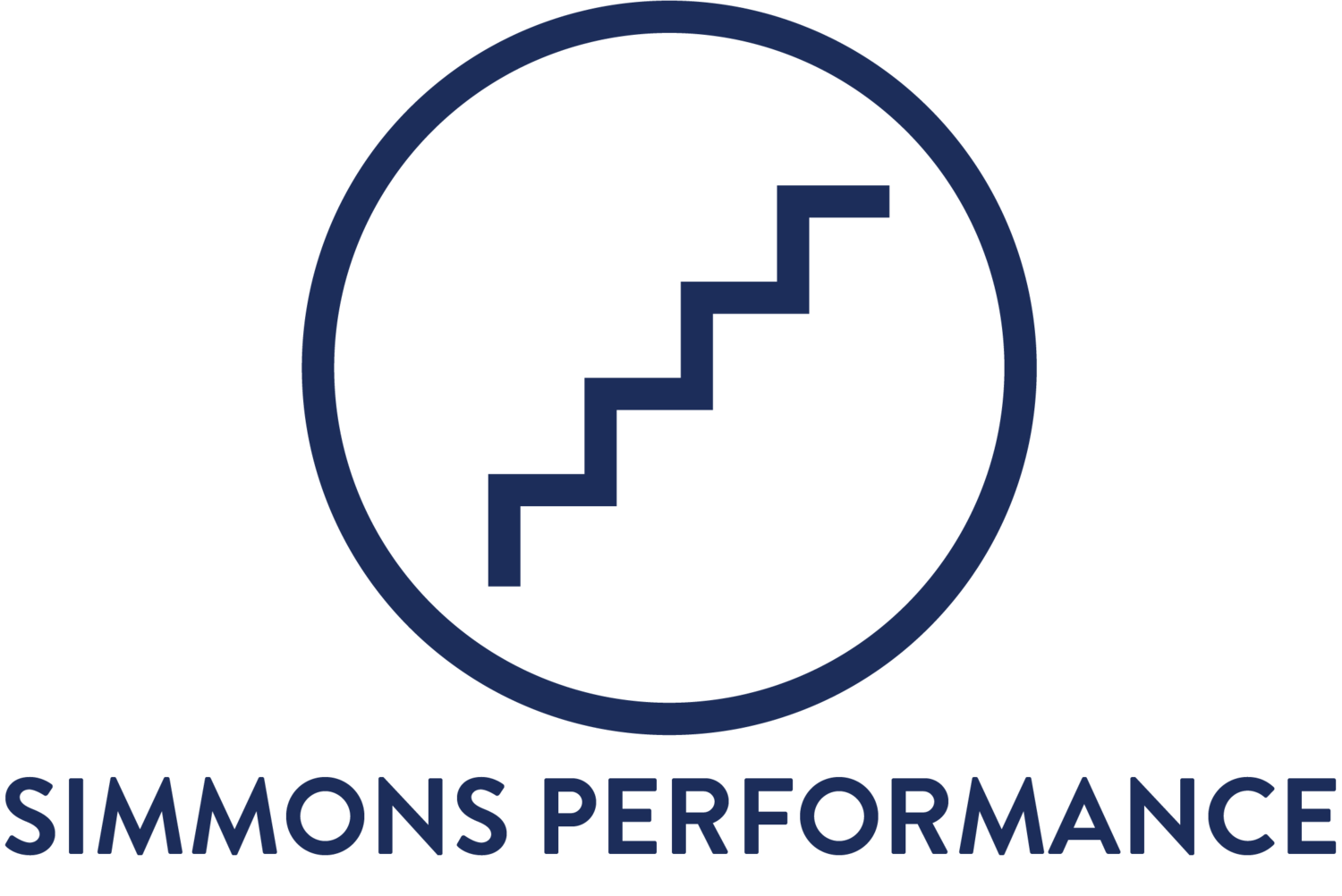From the Practice Tee to the First Tee
When I am asked about my approach to mental skills training, I often say that I help players take their game from the practice tee to the first tee. When we are on the range, with a generous fairway, big targets, and no penalty areas, it is easy to hit quality shots. When we add the pressure of an outcome, whether that is a bet on a Saturday round with friends or a “major” on your personal tournament schedule, the game changes. That pressure makes quality golf shots more difficult.
Dr. Timothy Gallwey, author of The Inner Game of Tennis, uses the following equation: “Performance equals Potential minus Interference.” Our potential is demonstrated on the range. Our performance is our score in a competitive round. It is mental interference that most often prevents us from performing up to our potential, not a lack of technique. Too often, however, a player will conclude that it is her technique that is causing bad shots.
One of the best swing coaches in the country, Jim Hardy, wrote this about the difference between the pursuit of a better golf swing and the pursuit of better scoring under pressure.
The practice tee is where the majority of learned technique takes place. It is where swing doctors like me hang out a lot. It is where swings are broken down, analyzed, diagnosed, and improved. The practice range is where much of the repetition occurs that competitors need to hone their swings. Historically it is where instructors have urged golfers to single-mindedly concentrate on what is happening within their swings. To affect change or cause greater repetition, they exhort their students to block out any extraneous thoughts other than those pertaining to the exact swing prescription being employed. It is a technical lab. It is the shop where you bring your car to be repaired, or to be rebuilt for greater speed or better functionality over rough terrain. The mechanic is president of this country.
The first tee is all about performance and playing the game in front of the ball. The car is no longer in the shop; it is now in the race. It is grinding over the outback. The president of this nation wants performance scale. He demands attention on playing the music not learning the notes. He wants you to feel and listen to the music into dance to it, not to wonder what your feet are doing.
He implores you to play golf and not play golf swing. His desire is to have you take the skill you have rehearsed on the range and perform it in the midst of interference, pressure and adversity. He implores you to visualize the target, to see the shot. He wants you to block out mechanical thoughts and allow yourself the freedom to respond to the demands of the game. He believes technical swing thoughts have a tendency to undermine a fluid performance.
Hardy perfectly describes the role of mental skills in performance. And to improve your ability to perform in tournaments – to overcome interference and to reach your potential – you must practice those skills.
In this window between competitive golf seasons, focus on deliberate practice. Make your practice “ugly.” Work on putting yourself in a position on the practice putting green or on the range where you challenge yourself to perform, reward yourself when you do, and penalize yourself when you do not. Apply your own “heat” so that when you get to the first tee of your next tournament, you will be ready
